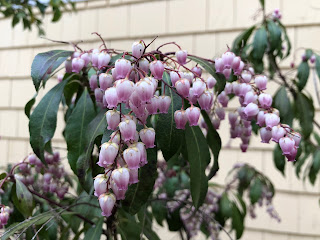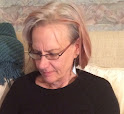A creative writing teacher told our class many years ago that we should never write about cancer in fiction. Cancer was cliched, and it conveyed tragedy. The reader's assumptions and stereotypes would detract from the story.
What will I do, then, if I choose to tell the story of my life through the lens of fiction?
My grandmother died from breast cancer. My father died from bladder cancer. My aunt died from endometrial cancer. My sister-in-law died from brain cancer. My cousin's son died from bone cancer. My mother has glandular cancer, my cousin has liver cancer, and I've had three cancers.
As explained by the American Cancer Society, the word cancer comes from the Latin for crab--an unfortunate image that most likely arose "because the finger-like spreading projections from a cancer called to mind the shape of a crab." In contrast, the finger-like projections from the Cancer constellation are quite lovely:
The faintest of all the constellations in the zodiac, Cancer is hard to find.
Our writing teacher no doubt said something like this, which I found from the Institute for Writers: "Often writers imbue their ailing characters with a disease to such an extent that they seem like merely an embodiment of the illness . . . It makes for uninteresting two-dimensional characters. (Insert yawn here.)"
Cancer has become my companion over the years, not a friend of course, but a familiar figure. I know how it moves and how it acts. I know not to be surprised. And if I ever write about the people I've known with cancer, they won't be cliched or two-dimensional. You won't have to yawn. For their cancer has never defined them. Rather, they've defied it. Their personalities, quirks, and talents have far outlived this disease.
The crab can scuttle all it wants, sideways hither and yon, but I'll take the image in the sky--whether I can see it or not.










